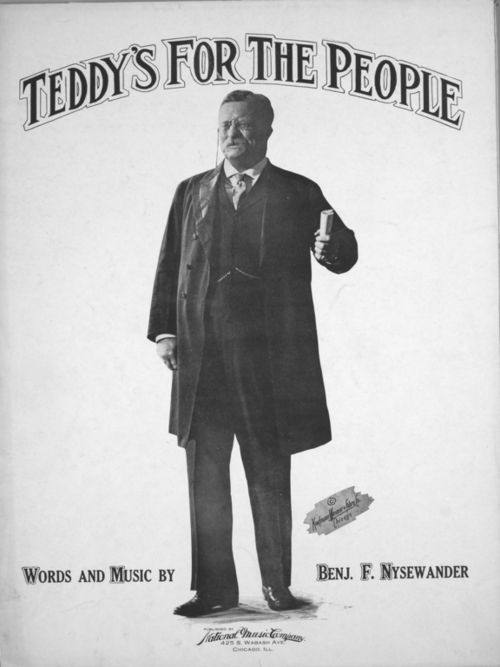Theodore Roosevelt famously promised a “square deal” for the average American to reduce the stark inequality of his times. His approach was both pragmatic and straight-forward, best described by this quotation from his New Nationalism speech
But when I say am for the square deal, I mean not merely that I stand for fair play under the present rules of the game, but that I stand for having those rules changed so as to work for a more substantial equality of opportunity and of reward for equally good service.
Today, his crusade against monopolies remains keenly relevant. Meanwhile, while wage earners have more power to demand better wages and benefits in today’s economy, employers are still agitating for increased immigration to blunt their power.
Antitrust Law
Corporate market power drew criticism in Congress from both political parties, whether it was Big Tech’s influence on political discourse or high gas prices. Sen. Amy Klobuchar (D. Minnesota) took an admirable lead on the issue by introducing two trailblazing bills. The Consolidation Prevention and Competition Promotion Act (Senate Bill 3267) would have strengthened the Clayton Act by prohibiting mergers that create an appreciable risk of materially lessening competition or may create monopsonies (monopolies of buyers, not just sellers). Her Platform Competition and Opportunity Act (Senate Bill 3197) would have cracked down on social media’s market power. Unfortunately, neither was reported out of committee, but they still represented a step in the right direction.
However, a seemingly innocuous but important antitrust measure entitled the Merger Fee Modernization Act (House Bill 3843) passed the House but died in the Senate. In addition to raising the fees companies must pay for the required pre-merger review, it requires the disclosure of foreign government subsidies of acquirers and gives state attorney generals the right to enforce antitrust laws in their own state courts. A good summary of the bill can be found at this link. If you are interested in how your congressmember voted, it can be found here:
https://clerk.house.gov/Votes/2022460
Immigration
Once again, the President and Congress dodged their responsibility to pass a comprehensive fix for our broken immigration system and secure not only our borders, but also the economic security of American workers. As I have argued previously, our current de facto system of unrestricted immigration is a new slavery that benefits primarily high-tech and low wage employers. Sadly, the only substantive bills on the subject would worsen the situation.
I believe immigrants who have been in the country since 2012 (the so-called Dreamers) should be brought out of the shadows and legalized. However, I also have argued the Obama Administration’s original Deferred Action on Childhood Arrivals rule (DACA) was unlawfully issued and the courts have finally so ruled (see this post). This prompted the Biden Administration to attempt to legalize it pursuant to a formal rulemaking under the federal Administrative Procedure Act, though whether this is outside of their authority under the immigration statutes remains to be seen. Meanwhile, the House passed an even more radical legalization program called the American Dream and Promise Act that would extend the program to those who entered the country illegally before 2021. The roll call vote on the bill can be found here (a “No” vote is a nationalist vote):
https://clerk.house.gov/Votes/202191
Sadly, Sen Klobuchar tarnished her nationalist credentials by sponsoring and passing legislation (Senate Bill 3167) mandating the government encourage the employment of high-skilled immigrants, thus feeding Big Tech’s greed for cheap technical workers at the expense of Americans with the same skills. The record vote on that bill can be found here (again, a “no” vote is a nationalist vote):
https://clerk.house.gov/Votes/2022439
It passed the Senate by a regrettably unanimous voice vote.
Conclusion
Elites regularly lament the effects of the Great Resignation on American workers’ new-found bargaining power and opportunity to improve themselves. American nationalists should celebrate this power, but also be aware of how fleeting it is, especially as we face the prospect of a potential recession. More changes in the rules of the game are necessary to ensure these gains endure.


